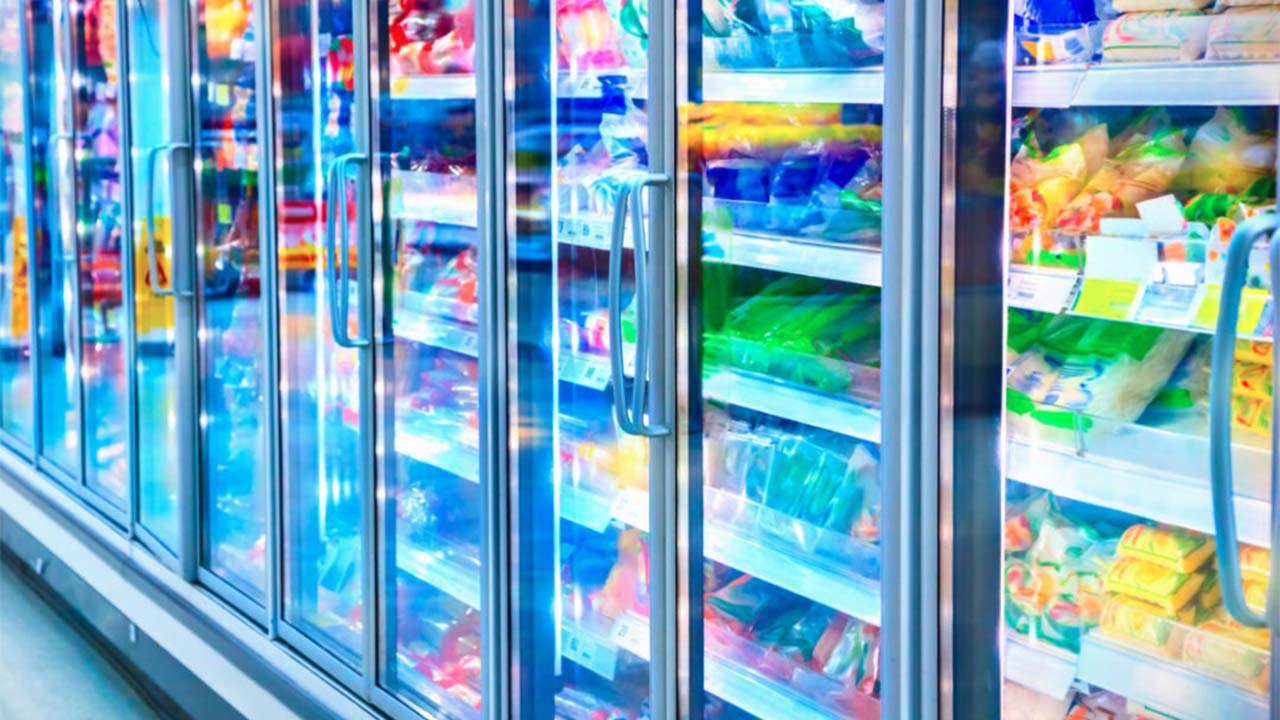It makes sense to occasionally put a pack of frozen meals in your shopping cart because we all like convenience. It should not, however, turn into a habit because it is bad for our health. Food that is frozen or packaged has a shelf life extension effect similar to a pause button that slows down enzymatic reactions. We frequently eat frozen foods because of the demanding work-life culture, which leaves adults too exhausted at the end of the day to prepare fresh food. Food that has been frozen is not inherently evil; rather, it is marketed as being healthy, fresh, genuine, organic, etc. There are differences between the ingredients used in freshly cooked meals and those used in frozen foods.
Frozen foods contain trans-fat-containing hydrogenated palm oil, they have negative side effects. These foods are preserved with starch and corn syrup, which contain glucose and are known to cause cancer. Additionally, these ready-to-eat meals have a much higher sodium content. At a young age, it contributes to the rising prevalence of lifestyle diseases like high blood pressure, diabetes, and cholesterol.
Risk factors for consuming frozen packaged foods include:
Diabetes: Starch is employed in order to maintain the freshness of frozen foods. This starch gives the food more flavor and body. However, starch is essentially a glucose polymer (a glucose chain). Your body converts this glucose to sugar before it is digested. Excess sugar can harm your body tissues and raise your risk of developing diabetes. Try to avoid including frozen foods if it runs in the family.
Heart Diseases: Another health risk that is associated with frozen or processed food is heart disease. Your risk of developing heart disease is raised by the trans fats found in packaged foods, which also cause clogged arteries. Trans fats increase levels of LDL (bad) cholesterol and decrease levels of HDL (good) cholesterol, which raises the risk of heart disease. Sodium is widely used as a preservative. The added salt in frozen food increases your cholesterol levels as well, while also increasing your blood pressure.
Excessive Calories: Frozen foods are very high in fat. Fat contains twice the number of calories compared to carbohydrates or protein; this often makes it high in calories. For instance, a 1-cup serving of frozen chicken pot pie may contain nearly 600 calories, more than half of which come from fat. Although frozen foods are marketed to be healthy and nutritious, the fact is that they are harmful to your body.
Negligible nutritional value-Freezing food for a long time may kill some important vitamins and minerals present in the items. Hence, frozen foods are not as nutritious as fresh foods.
Elevates blood pressure- Frozen foods can elevate blood pressure, as they contain a high amount of sodium. Consuming too much sodium also increases the risk of other medical conditions like stroke and heart diseases.
The CDC estimates that processed and prepared foods, such as frozen meals, account for more than 70% of the sodium we consume. Consuming too much sodium can raise your blood pressure, putting you at risk for heart disease and/or stroke.
(Disclaimer: The content on this site is for informational purposes only, and should not be taken as professional medical advice. Always seek the guidance of your doctor or other health professionals for any questions you may have regarding your health or a medical condition.)

 Everyone enjoys those frozen snacks in bite-size portions. Let's face it, they are delicious and easy to prepare. But we are forgetting one thing. Dependence too much on frozen food can be dangerous for our bodies.
Everyone enjoys those frozen snacks in bite-size portions. Let's face it, they are delicious and easy to prepare. But we are forgetting one thing. Dependence too much on frozen food can be dangerous for our bodies.









.jpeg)

.jpeg)
.jpeg)
.jpeg)

.jpeg)
.jpeg)
.jpeg)
_(1).jpeg)

_(1)_(1)_(1).jpeg)
.jpeg)
.jpeg)
.jpeg)






